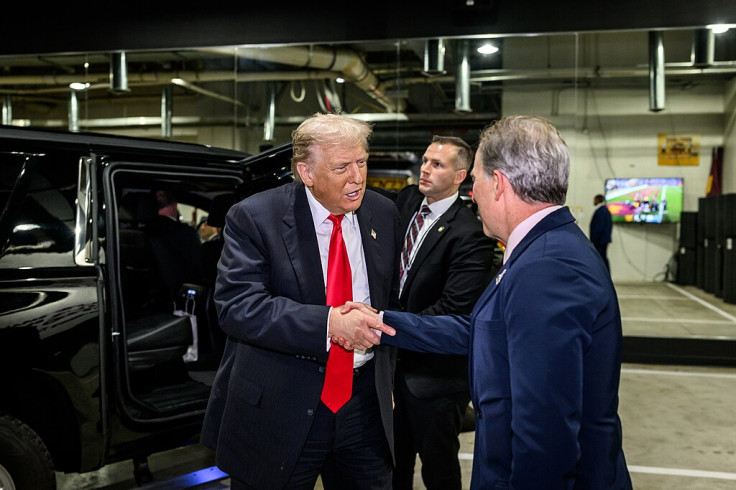
Donald Trump is retreating from public scrutiny as newly released Jeffrey Epstein files repeatedly place his name and private messages back at the centre of a widening political storm.
House Democrats this week published thousands of pages from Jeffrey Epstein's estate that include emails and exchanges in which Epstein references Trump and events at his properties, reigniting questions about the former president's association with Epstein.
The disclosures arrive as Michael Wolff and others disclose recorded conversations and correspondence that suggest Epstein spoke often about Trump, amplifying pressure for full transparency.
What The New Documents Show
The tranche released by House Oversight Democrats contains emails in which Jeffrey Epstein and his inner circle explicitly name Trump and discuss episodes at Epstein properties, including references to guests and incidents that investigators say deserve scrutiny.
@briantylercohen “Most transparent president in history”
♬ original sound - briantylercohen
One email dated 2019, sent by Epstein to author Michael Wolff, states that Trump 'knew about the girls as he asked Ghislaine to stop', a line that, if authenticated, contradicts public denials of knowledge about Epstein's abuse.
Oversight committee members framed the release as a corrective to what they call an administration attempt to limit disclosure; Republicans and the White House have pushed back, calling the disclosures politically motivated and questioning the documents' provenance.
Wolff, Recordings, And The '100 Hours' Claim
Michael Wolff, the author and journalist, has publicly said he holds roughly 100 hours of recorded conversations with Jeffrey Epstein and has offered excerpts to broadcasters and interviews explaining how Epstein discussed high-profile figures, including Trump.
Wolff told several interviewers that Epstein repeatedly mentioned Trump, and that his material contains context that cannot be captured in a single email. Those statements have fuelled calls from Democrats for prosecutors and congressional committees to examine the raw recordings and any accompanying logs.
Defenders of Trump have dismissed Wolff's claims as self-serving and urged caution; Wolff himself has said publishing the full set of recordings will be complicated by legal constraints and by the need to verify tape authenticity.
Political Fallout And Legal Questions
Politically, the disclosures have an immediate impact. Democrats argue the files undercut the White House narrative and prove why an independent and public accounting is necessary. Republicans insist the release is selective and intended to damage a political opponent ahead of future elections.
Several senior Republicans and former officials who previously resisted opening files have now voiced support for fuller transparency; that cross-party language suggests pressure could build for additional releases or at least for congressional testimony under oath.

What comes next depends on whether investigators can connect documentary fragments to corroborative evidence and whether legal gatekeepers: courts, the Justice Department, and congressional committees choose to press for further unsealing. If prosecutors obtain matching records, those findings would change the conversation from speculation to inquiry.
For now, Trump's strategy appears to be public minimisation and private containment: disputing the thrust of the headlines while directing surrogates to question the motives of those releasing the material. That posture may blunt immediate political damage, but it risks prolonging a narrative of evasion that will fester as more primary documents are scrutinised.







